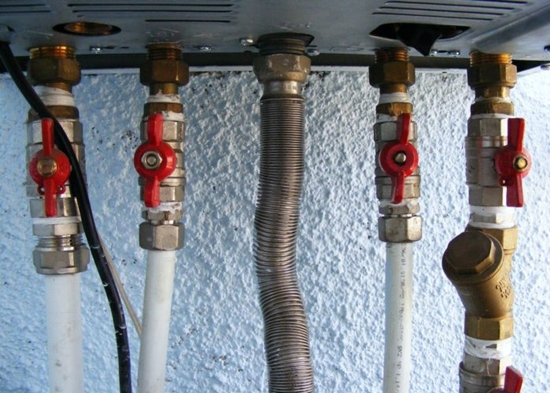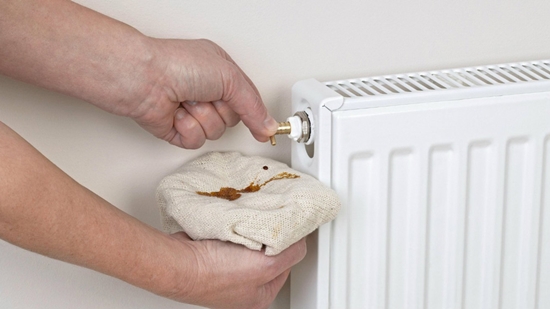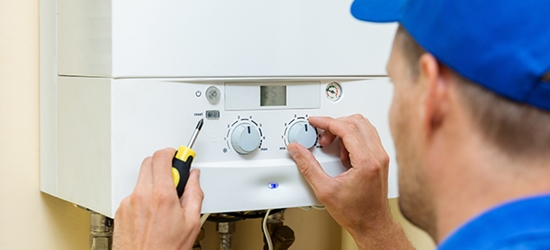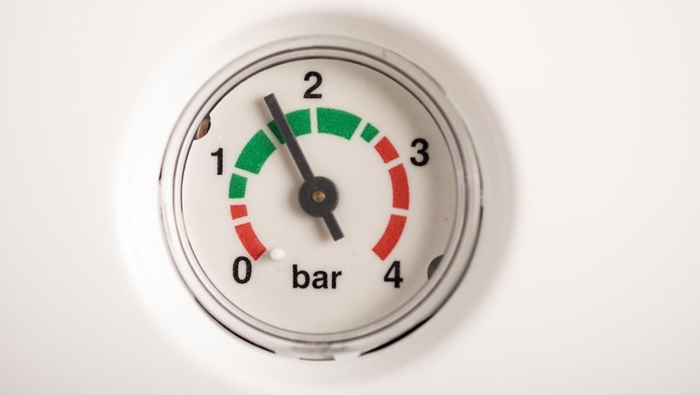24 Dec. 20
How to Decrease Boiler Pressure That Are Too High
The boiler pressure is a balance between air and water that runs inside the heating system. Every system had the pressure gauge in a panel underneath it that shows the precise readings. When a gauge on the boiler shows the alarming error system on the digital display, you may be dealing with the boiler pressure too low or too high.
But First: How to know when the Central Heating/Warming Boiler Pressure is too high?
The high boiler pressure is being considered when an arrow points in a red zone exceed 2 bars. The truth is that is not dangerous, but will lead to costly harms to the heating system, and when it is high enough, it will decrease the efficiency of the boiler. Unless the boiler had the faulty pressure gauges or totally lacks it all, looking at it is just enough to recognize that the appliance is in a mess.
Here are the methods to do to decrease the boiler pressure:
1. Drain the overfilled central heating structure

This is one of those simple things that you can make to decrease the pressure and that is by draining the leftover water from the main heating system. Search for your drain cock on your system and allow some water out. Arrange the bucket to gather the water and the mop, in case there will be accidental spills.
When draining the water, maintain an eye on your boiler pressure gauge in tracking any changes which will take place.
2. Bleed radiators to let go of the airlocks

Does bleeding radiator affect the boiler pressure? The answer is yes, if the issue is the water and air ratio inside the system. When the issue causing the force to rise is a bit of something, then the bleeding will not attain anything.
To bleed the radiator helps release the air out from the system and takes the water’s flow to be back on track. A release valve is normally on the top on the right side of a radiator and you needed to turn it together with the bleed key to allow the air out.
And you can do it by yourself, but bear in mind that at times this is the messy job, and you’ll need the bucket and some mops or towels to gather the water that will come out.
Tools that you will need: cloth or bucket, radiator bleed key.
What to do: Rotate the release valve and so that the air and the excess water may get out of a system.
Costs: Some do-it-yourself enthusiasm and about 15 min. of your time about how many radiators you’ll need to bleed.
- Troubleshoot boiler problems, if any
At times when there is a high pressure, the boiler may leak at similar time. In such instances, it’s important for troubleshooting the problem and identifying what is the reason and what is the effect. An example is a high boiler pressure that will cause leaks and the overfilled leaking appliances will cause high pressure.

The moment you spot an increased pressure with leaking water make sure to:
1. Switch off the supply of water.
2. Turn off its heating.
3. Wash every mess.
4. Have the boiler checked by the gas safe engineer.
- Replace and tightened up defective valves
At times, one of the causes behind the high boiler pressure will be the faulty valve. The defective valve will cause the water that will spill into a heating circuit that, in turn, makes the pressure within the system to increase. When the valve is loosened, try thinning it and when it will not help, you’ll need to change it. Only the Gas Safe engineer will do the latter.



